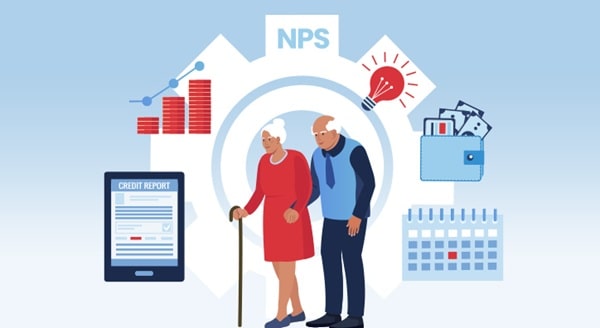A Loan Against Property (LAP) is one of the most reliable ways to unlock the financial potential of your real estate. It allows you to pledge your residential, commercial, or industrial property as collateral to get funds for personal or business needs. However, one crucial factor that determines whether your loan against property loan gets approved — and how much you can borrow — is the valuation of your property.
Understanding how property valuation works can help you prepare better, avoid surprises during loan processing, and secure a higher loan amount. Let’s explore this in detail.

What Is Property Valuation?
Property valuation is the process of estimating the current market value of a property based on its location, condition, legal status, and other factors. Lenders use this valuation to assess the loan-to-value (LTV) ratio, which is the percentage of the property’s value they are willing to lend as a loan.
For example:
If your property is valued at ₹1 crore and the lender offers an LTV of 60%, you may get a loan against property of up to ₹60 lakh.
This makes valuation a critical part of the LAP approval process.
How Lenders Conduct Property Valuation
Lenders typically appoint certified property valuers or empanelled surveyors to inspect the property. They consider factors like:
Location & connectivity: Properties in prime or well-developed areas have higher market value.
- Type of property: Residential properties often get higher LTV than commercial or industrial ones.
- Age and condition of the property: Newer and well-maintained properties are valued higher.
- Legal and ownership status: The property must have a clear title, free from disputes or encumbrances.
- Market trends: Current property rates in the area and demand-supply dynamics.
Based on this, the valuer submits a detailed report to the lender, which becomes the basis for your loan against property loan approval.
Why Property Valuation Matters for LAP Approval
Here’s how the valuation directly impacts your loan approval:
1. Determines the Loan Amount
Your eligible loan amount depends on the property’s assessed value. Even if you have strong income and credit history, a low valuation can reduce the loan amount. A higher valuation can significantly increase your borrowing potential.
2. Affects the Loan-to-Value (LTV) Ratio
Lenders use valuation to calculate the LTV. Most lenders offer 50–70% of the property’s value as a Loan Against Property. If the property’s value is lower than expected, the approved amount will also drop.
3. Influences the Interest Rate
While credit score and income are major factors, the value of the collateral also affects the interest rate. A higher property valuation lowers the lender’s risk, which can help you secure a loan against property at a more competitive interest rate.
4. Impacts Loan Tenure and EMI
A higher loan amount based on a good valuation gives you the flexibility to choose a longer repayment tenure and comfortable EMIs. If the valuation is low, you may have to settle for a smaller loan with a shorter tenure.
How to Improve Your Property’s Valuation
While market conditions are beyond your control, you can take some steps to ensure your property gets a fair and possibly higher valuation:
- Maintain your property: Keep it clean, well-painted, and structurally sound.
- Ensure clear legal documentation: Have all ownership papers, tax receipts, and approvals ready.
- Highlight location advantages: Proximity to schools, hospitals, and transport can boost value.
- Provide complete property details: Give the valuer accurate floor plans, renovation records, and utility connections.
Even small upgrades and presenting your property well can positively influence its perceived value.
Final Thoughts
Property valuation is the cornerstone of any Loan Against Property application. It decides your eligibility, loan amount, interest rate, and repayment flexibility. By understanding how the process works and preparing your property beforehand, you can increase your chances of getting your loan against property loan approved faster and on better terms.
If you are planning to apply, make sure your property is in good condition, all documents are in order, and you are aware of the prevailing market rates in your area. A well-valued property not only strengthens your application but also maximises the financial benefit you can derive from it.

